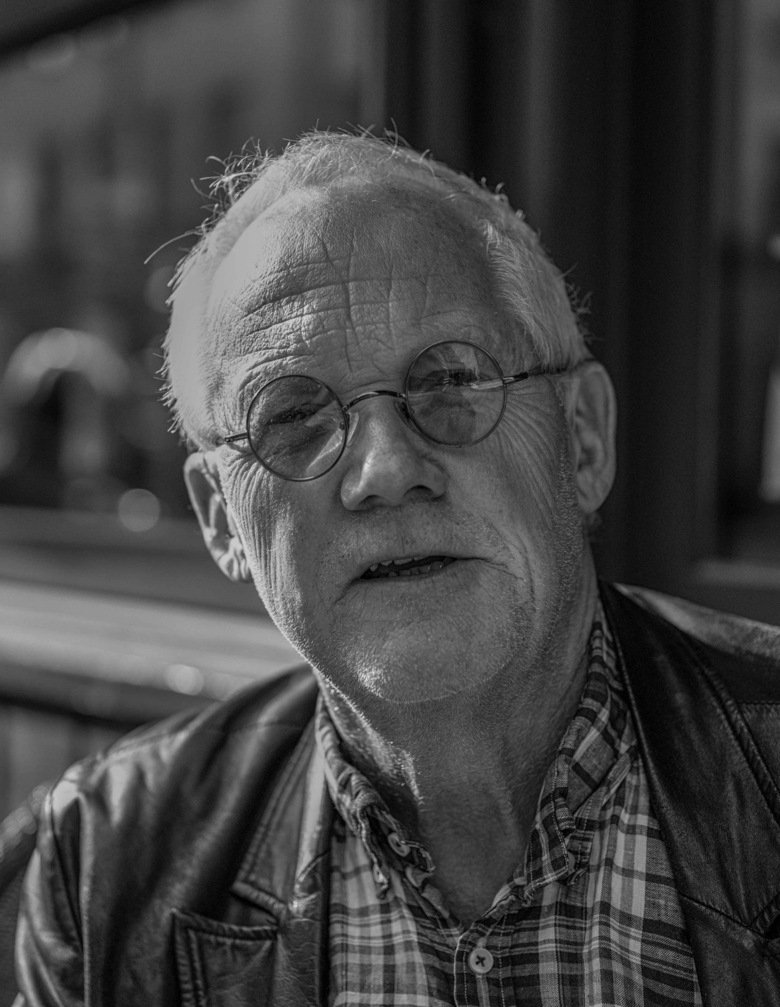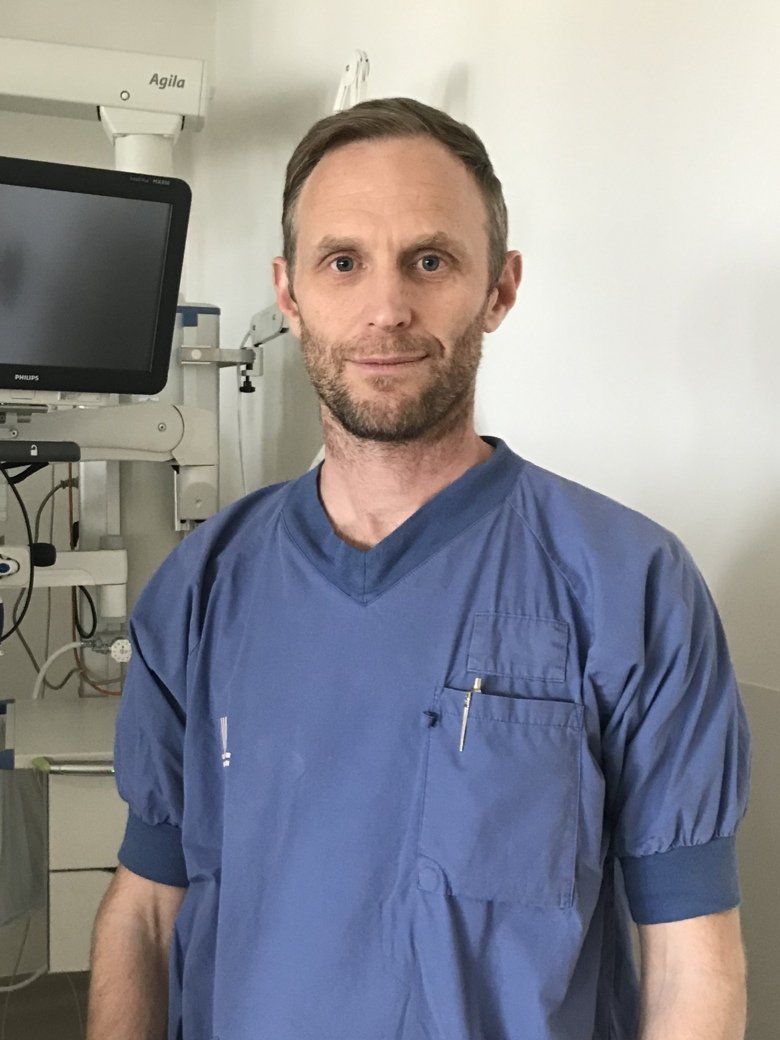Mattias Günther new Principal Investigator of the research group Experimental Traumatology

Mattias Günther is the new Principal Investigator of the research group Experimental Traumatology, at the Department of Neuroscience, taking over from Mårten Risling, who will continue to work in the field of neurotrauma.

Mårten Risling, you are Professor at the Department of Neuroscience. What does this mean?
"This implies a generational shift and strengthening of clinical competence within the group. Mattias has unique expertise with broad experience of experimental trauma (both in neuro and large animal experiments, focusing on brain damage and posttraumatic treatment of catastrophic bleeding). He is a specialist in Anesthesiology and Intensive Care. This strengthens the competence of the trauma group in a highly desirable way.”
Could you share three things that have been achieved in the research group in the last years?
"We have developed experimental models for traumatic brain injury in rodents allowing to separate different injury mechanisms to understand what happens in a complex trauma, such as detonation of a bomb. We have been able to show that blast, rotational trauma, and penetration trauma give different injury images and require different types of protection or treatment. For example, rotational violence causes diffuse damage to nerve fibers in the white matter of the brain. The success of these experimental studies has enabled us to gain access to clinical material from the U.S. Military (e.g. Vietnam head injury study), thus being able to compare animal models with the outcomes of the injured soldiers.”
"We have started to focus on gender differences. Male and female rats react differently to cell death, inflammation, and changes in monoaminable systems following brain damage/injury.”
“The work on large animal models (60 kg pig) focusing on the treatment of posttraumatic catastrophic bleeding and lung injuries has been very successful and resulted in a number of publications.”
What has been the most exciting and/or challenging?
"We have progressively broadened our operations and established international collaborations. We have been invited to join several defense medicine groups in NATO and EDA, as Swedish representatives. The latest usually being the most exciting. Curiosity is a strong driving force.”
"One of the most challenging things has been to access medical data from the US armed forces, not many have succeeded in this.
"Another positive aspect has been that we have been able to provide postgraduate education to several people who have since trained as clinical specialists (such as Mattias, for example). People who at the same time choose to continue in our group, which makes it much easier to maintain good clinical relevance in our projects.”

A new Principal Investigator in the field of Experimental Traumatology
Mattias Günther, you will assume the role of research group leader as from 1 February 2021. Will the research focus remain the same?
“Yes, indeed. The group's focus, Experimental Traumatology, remains unchanged and we will pursue our ongoing and projected areas, which we have developed in close collaboration with the Swedish Armed Forces.”
Mårten, what are your future plans?
"I hope to continue working in the neurotrauma sector for several more years. There are quite a few exciting projects ahead.”
